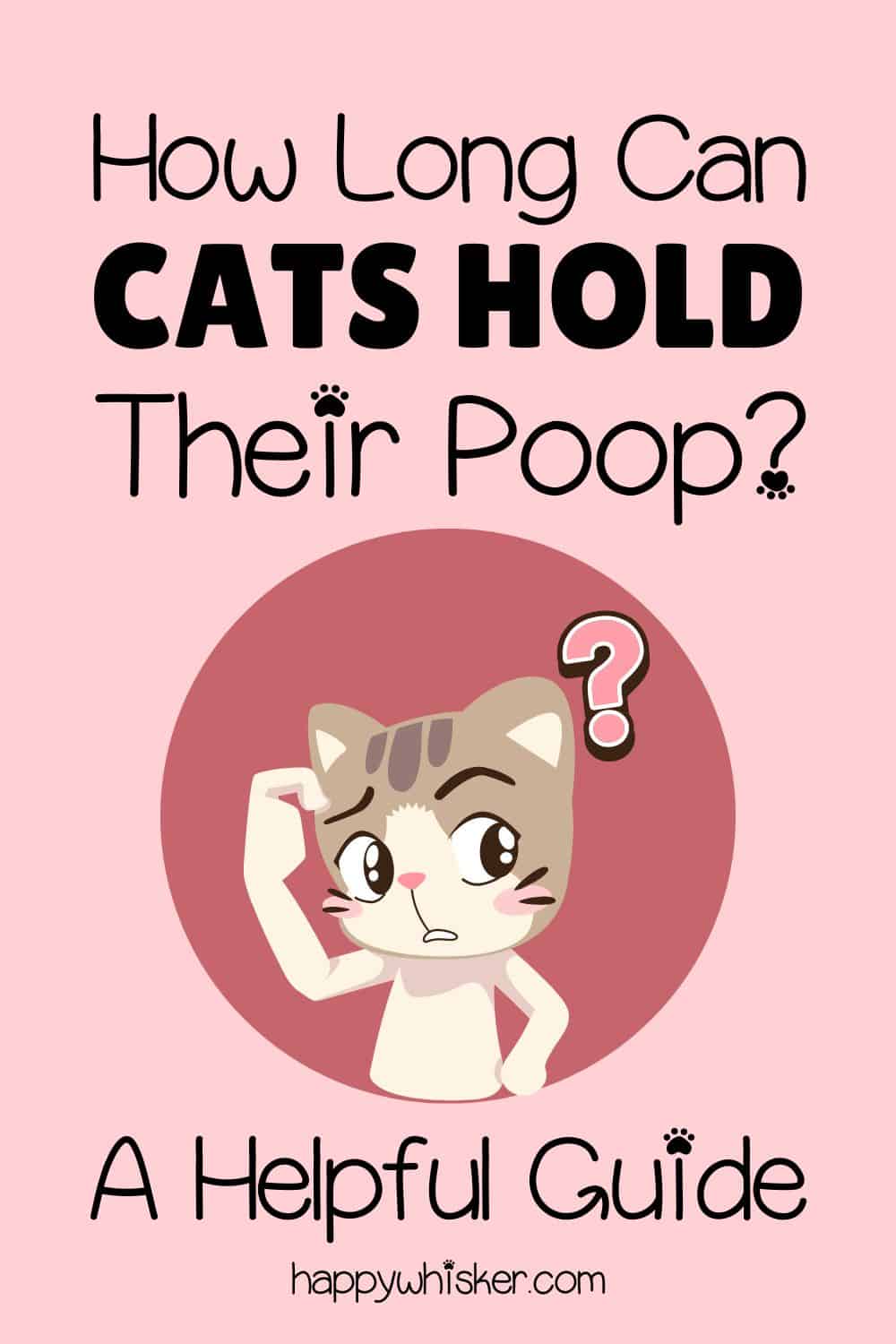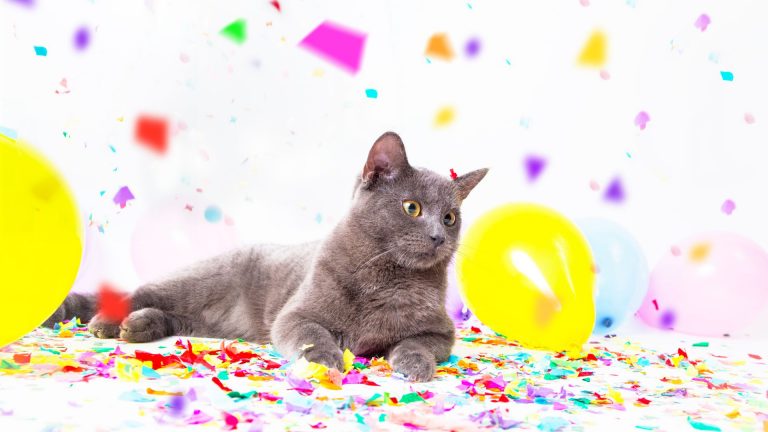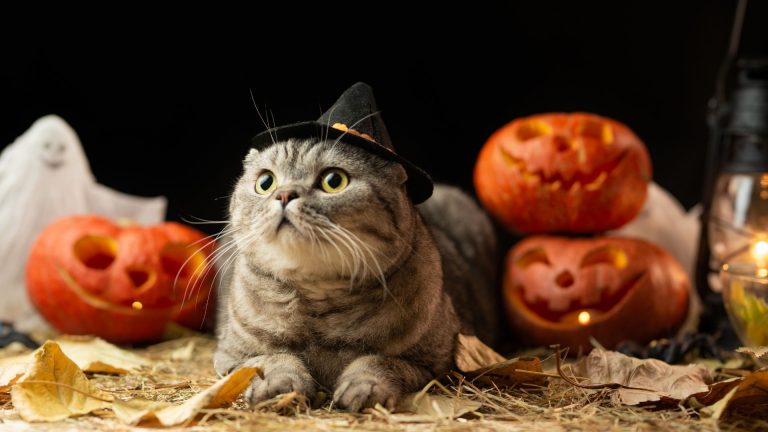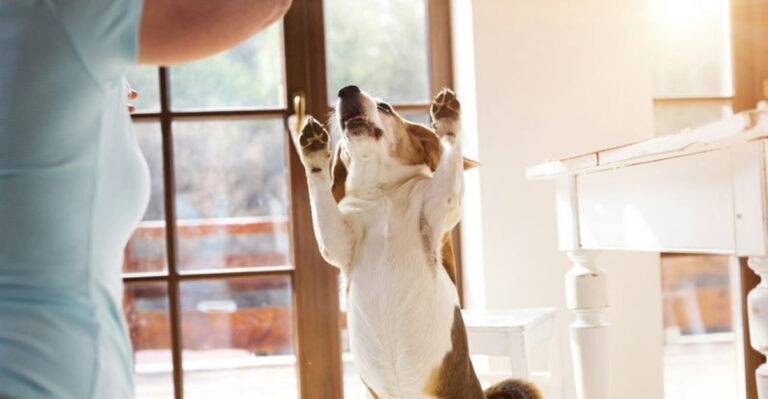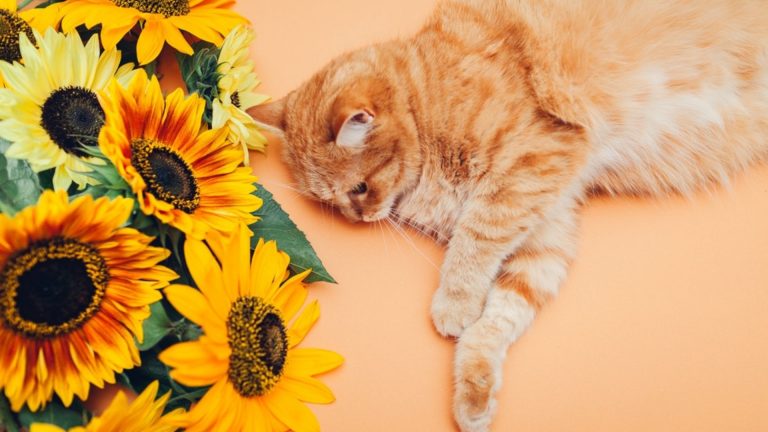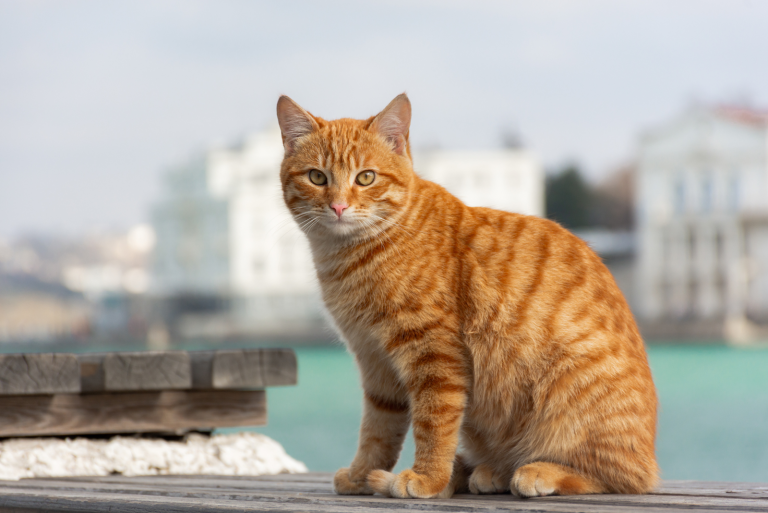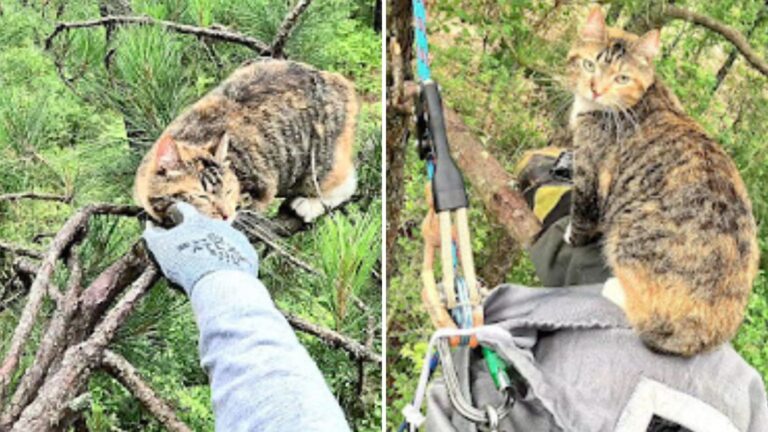How Long Can Cats Hold Their Poop? A Helpful Guide
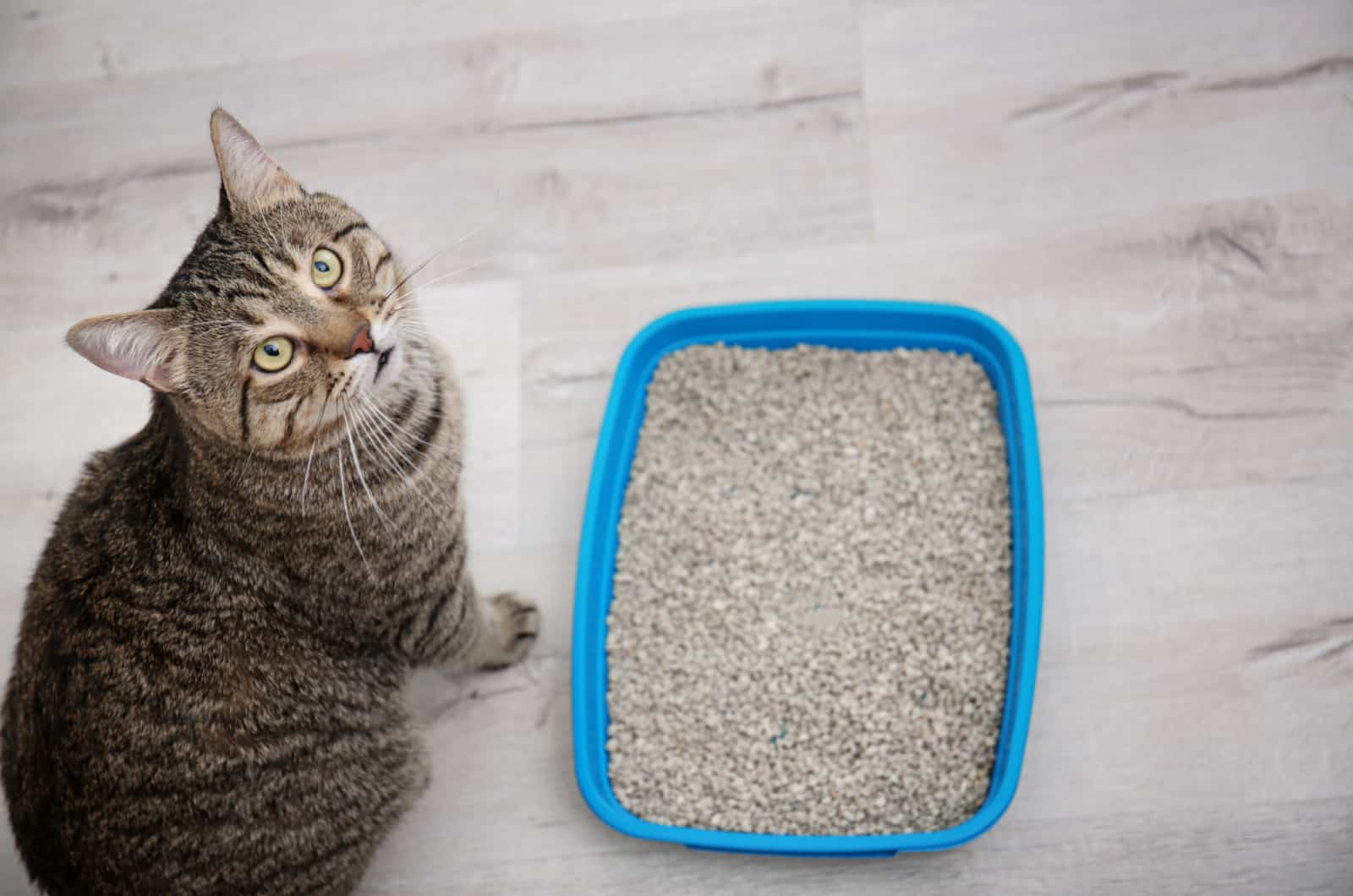
As a cat owner, there are many things you need to pay attention to, some are more interesting, and some are less.
Perhaps you’re going on a trip, or you’re just learning more about your feline friend and its needs, in any case, it’s always a good sign when an owner takes the time to learn more about their pet!
Cat’s health is a wide topic. When it comes to the digestive tract, for example, older cats most commonly develop some kidney issues, whereas younger cats tend to have problems related to cat food.
There are several health issues that can contribute to cat constipation. Continue reading to find out how long can cats hold their poop and what symptoms are considered alarming.
How Long Can Cats Hold Their Poop?
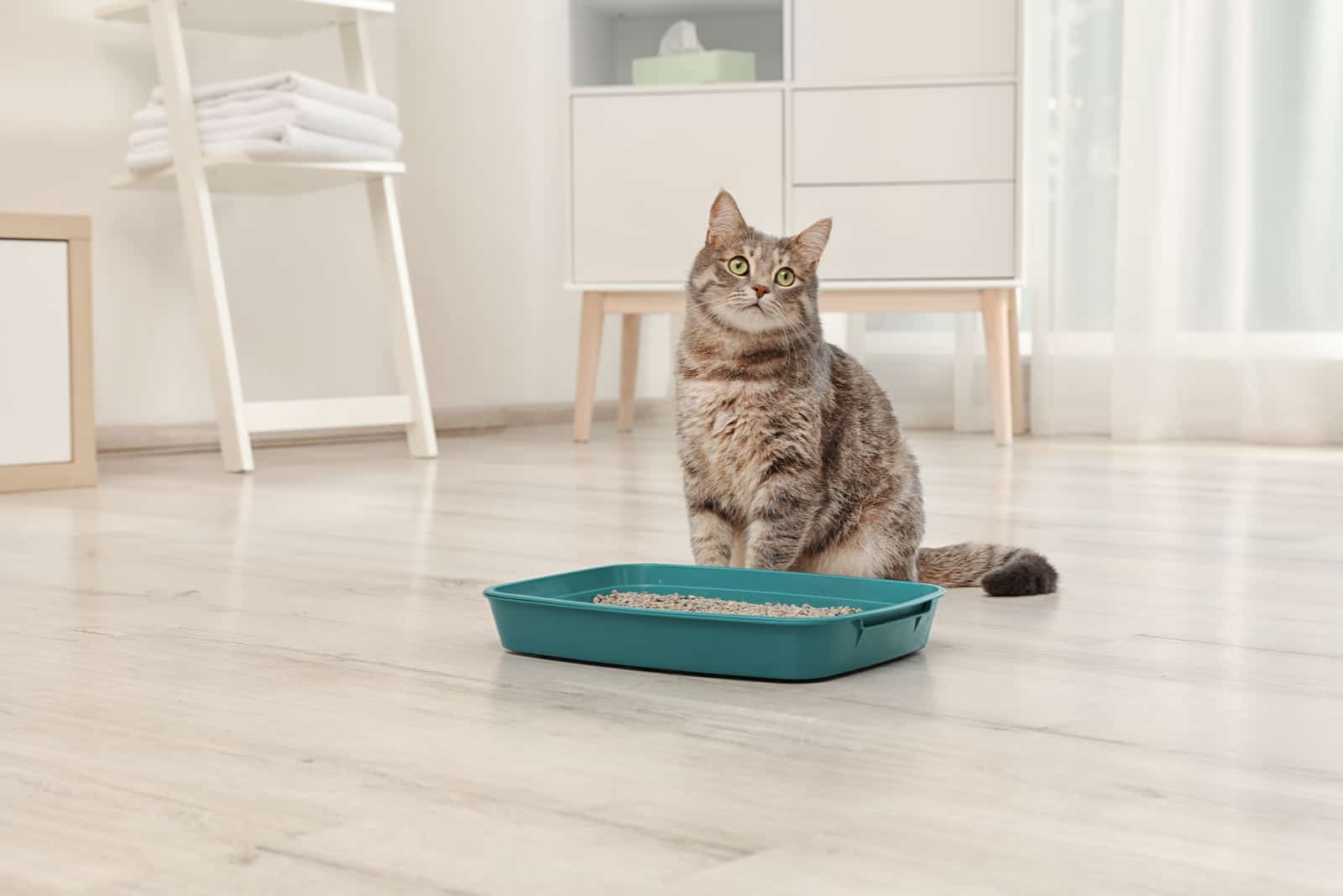
In general, healthy cats defecate one or two times each day, which is considered normal, regular bowel movements. Most cats can hold their poop for 24 to 48 hours without anything bad happening.
Cats eat about as much as they drink, so it’s not surprising that cats can hold their excrement for around the same amount of time as they can retain their urine.
However, every cat is different, and it is possible that your cat only poops once every two days. This is considered healthy as long as the cat does not go more than 48 hours without pooping.
Can A Cat Hold Its Poop Overnight?
If you’re unsure how long your cat can hold its poop just because you want to keep them in overnight or they will not be able to get to their litter box, the answer is simple: cats can refrain from pooping, i.e. hold their poop, for a whole night.
A well-adjusted and trained cat will also try to let you know that they need to use the litter box. If cats become stuck in a room, you may anticipate a paw landing on your face or your cat scratching and meowing at the door to get out.
How Long Can Cats Hold Their Pee?
Cats can retain their urine for about 24 to 48 hours and they typically poop once each day. Kittens, on the other hand, urinate and defecate more often.
Kittens will defecate two to three times per day and pee two to four times each day, which is understandable since their bladder is much smaller than an adult cat’s bladder.
If your cat hasn’t peed for more than 48 hours, there might be some urinary issues occurring, so it’s best to visit the veterinary clinic.
To learn more, check out: How Long Can Cats Hold Their Pee?
How Long Can A Cat Go Without Pooping Before It Becomes Dangerous?
The length of time a cat can retain its feces and urine varies heavily on the cat and what it has had to eat and drink.
Bigger cats may go less frequently than smaller cats, and if they consume smaller portions during the day, they will go less frequently than if they eat one large meal at once.
Age, stress, and type of food can all influence how often your cat uses the litter box. If it’s been more than two days, it’s time to get worried, as your cat is most likely constipated.
You should be concerned if you notice any of the following symptoms:
• cats digesting fur
• cats refusing water and/or food
• blood in cat’s stool
• your cat vomits
• cat’s poop color changes
• symptoms of constipation
Note: if your cat is behaving differently in any way, talk to your vet as soon as you can.
How Many Times A Day Should Cats Poop?
A cat will usually have bowel movements about once a day. A few things come into play here, such as how old your cat is, how active they are, what its dietary plan is like, and so on.
A healthy cat should defecate once a day and urinate three to four times.
See also: How Long Can A Cat Go Without Using The Bathroom? Explained
Most Common Reasons Cats Hold Their Poop
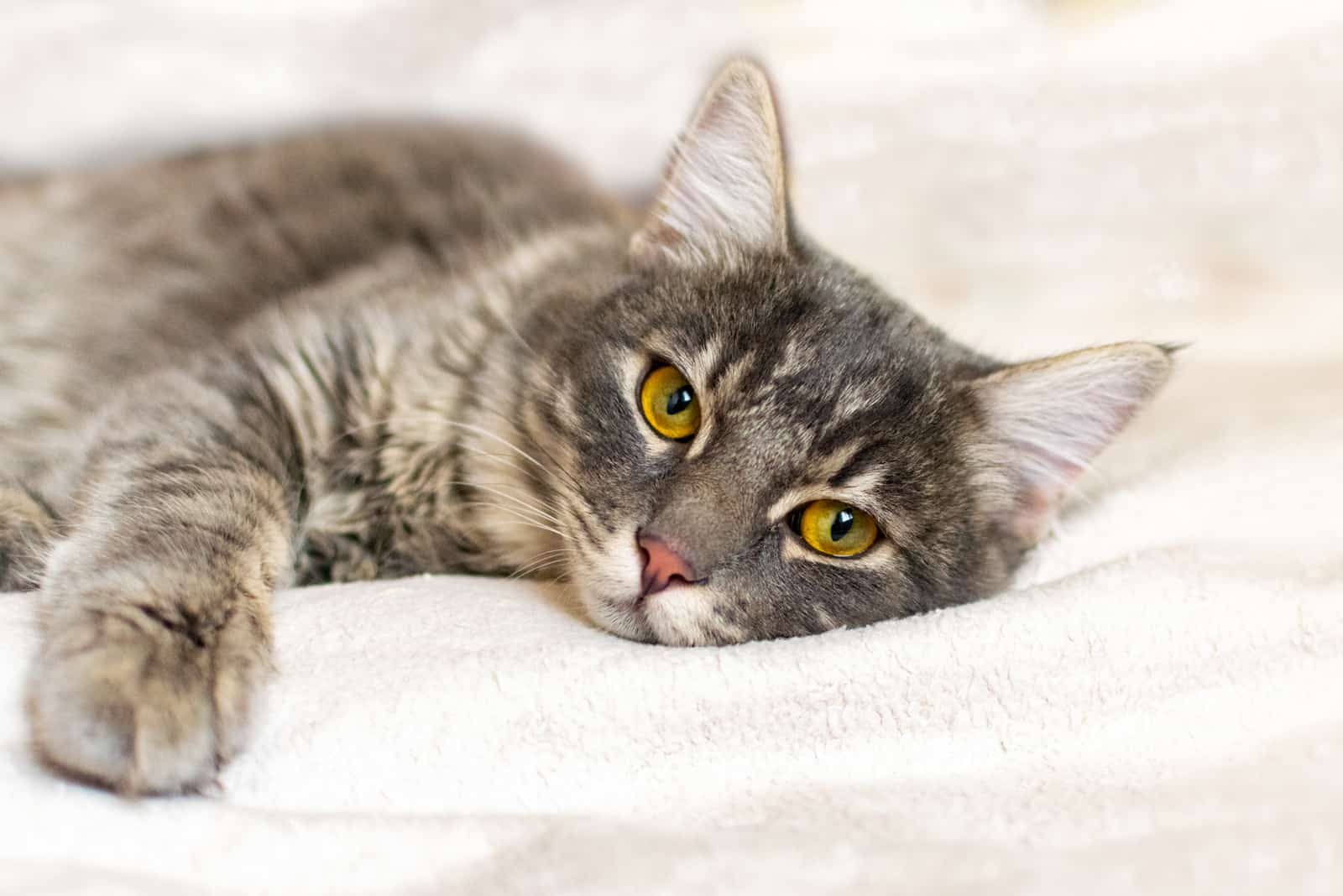
If your cat isn’t defecating regularly, or hasn’t pooped in more than 48 hours, then something is definitely going on.
You clean your cat’s litter box regularly, so what if you find nothing to clean? Is your cat drinking enough water? Does it need some supplements or meds? Or did your cat just bury its poop very well, and you haven’t scooped the litter tray well enough?
If the latter is the problem, go and thoroughly clean your cat’s litter box, but if there’s still no sign of poop anywhere, you need to get advice from a vet.
There are a number of different reasons why cats hold their poop, perhaps you just got your cat neutered/spayed, or has it gotten some other surgery done?
After Surgery
Constipation may occur after surgery. Such problems are caused by little or no bowel movement for a period of time. This can last up to 4 days.
During the post-surgery period of recovery, your cat’s body naturally needs time to recover properly. Before you can look for ways to treat constipation in the cat, the post-surgical recovery will be at an end, and your cat won’t be constipated anymore.
The first thing you should do while your cat is recovering is make sure your cat is eating and drinking enough water. After some time, gradually incorporate exercise into your cat’s daily routine.
This can include a slow walk or a brief playtime session with the cat, which can help prevent persistent constipation. As a last resort, your cat might need medication to restore healthy bowel movement.
The same applies to the castration/neutering procedure. Surgery is very painful for cats, and recovery takes time. It is quite normal if some cats don’t poop after spaying/neutering.
Again, if your cat hasn’t pooped for more than 48 hours, if you notice a change in your cat’s normal bowel movements, or if there is a change in the smell, color, or texture of the feces, consult your veterinarian.
Other factors that influence cats holding their poop include:
• cat’s diet
• cat’s age
• changes in cat’s routine
• stress
• inactivity
• overall health
Check out: Cat Poop Half Firm Half Soft: 5 Reasons And How To Help
Medical Conditions That Cause Cats Holding Poop
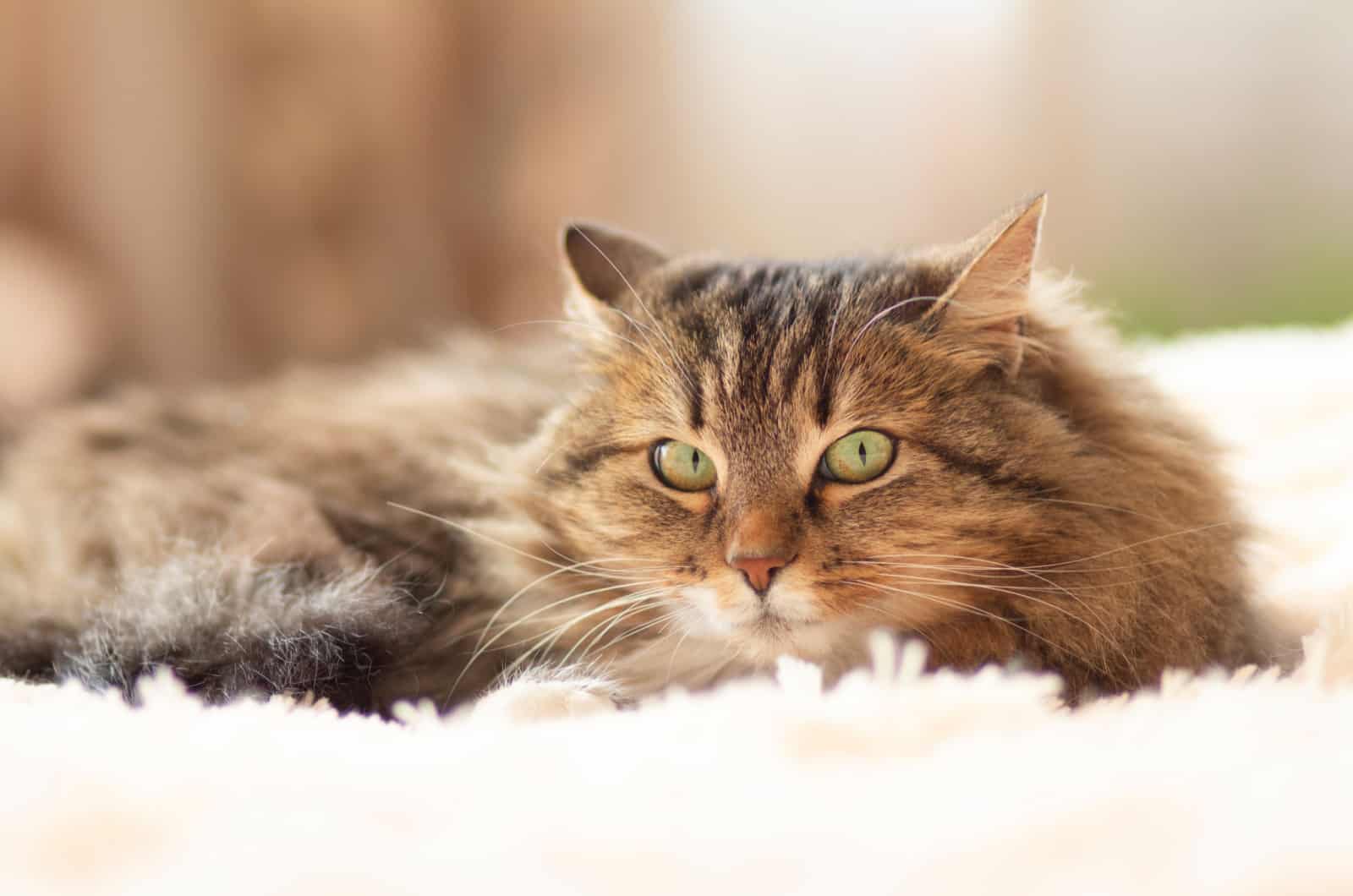
There are several health problems that can occur if your cat holds its poop for too long. This leads to cat constipation, and the following factors can be the reason for its occurrence:
• Excessive Grooming
• Megacolon
• Inflammatory Bowel Disease
• Kidney Issues
• Blockage
• Fiber Deficiency
• Tumors
• Hyperthyroidism
• Obstipation
• Spine Issues
Constipation
It may not sound fun, but when you clean your cat’s litter box every day, it’s important to pay attention. Feces should be brown and shaped like sausages. If your cat’s stool is runny and liquidy, your cat probably has diarrhea, and constipation is the exact opposite.
If your cat’s poop is dry, hard, cracked, or broken into small pieces, your cat is suffering from constipation and needs to be hydrated before the problem worsens.
Many cats don’t particularly like drinking water, so it’s common for cats of all ages to suffer from constipation, but it’s more common in cats over the age of seven and those who are overweight.
The good news is that constipation can often be treated without visiting the vet.
Symptoms
A constipated cat will eventually poop out hard, dry pieces of poop, but before this happens, you’ll most probably notice that your cat is holding poop in.
The most common signs your cat will exhibit include:
• not pooping at all
• yowling or straining in the litter box
• going in and out of the litter box (many times)
• not going near the litter box at all
If you realize your cat is acting strange and you notice any of the mentioned symptoms, talk to your vet. Your cat might be suffering from constipation, which can be a result of other medical issues that need to be dealt with.
Because constipation can be a symptom of numerous health problems, you may also notice symptoms of an underlying ailment, such as:
• loss of appetite
• weight and muscle loss
• inability to jump
• hiding away
• low or high water intake
• vomiting and lethargy
• cat pees more frequently
• walking awkwardly
Treatment
Though some constipation disorders are moderate and may be managed with dietary and lifestyle adjustments as well as at-home therapies, others may be severe and require the attention of your veterinarian. Serious problems can quickly escalate into crises.
Constipation should be addressed as quickly as possible to reduce the risk of irreversible harm caused by chronic colon distension.
To cure feline constipation, the underlying cause must be identified and, if feasible, it should be treated promptly.
The inability to pass urine or feces or pain associated with passing urine or feces is considered an emergency and needs to be addressed by the vet.
Your vet will perform any necessary diagnostic tests, then administer liquids or an enema for urgent assistance before prescribing drugs or recommending over-the-counter laxatives.
It should be emphasized that veterinary medicine is required to administer enemas safely and effectively. Some types of human enemas are toxic to cats and should never be used at home.
If your cat has been constipated for a long time or suffers from frequent bouts of constipation, it may have a megacolon, i.e. an enlarged intestine due to a lack of muscle strength in the colon.
Cats with chronic constipation or a condition like megacolon that do not respond to treatments might need to have a portion of the colon excised.
At-Home Treatment
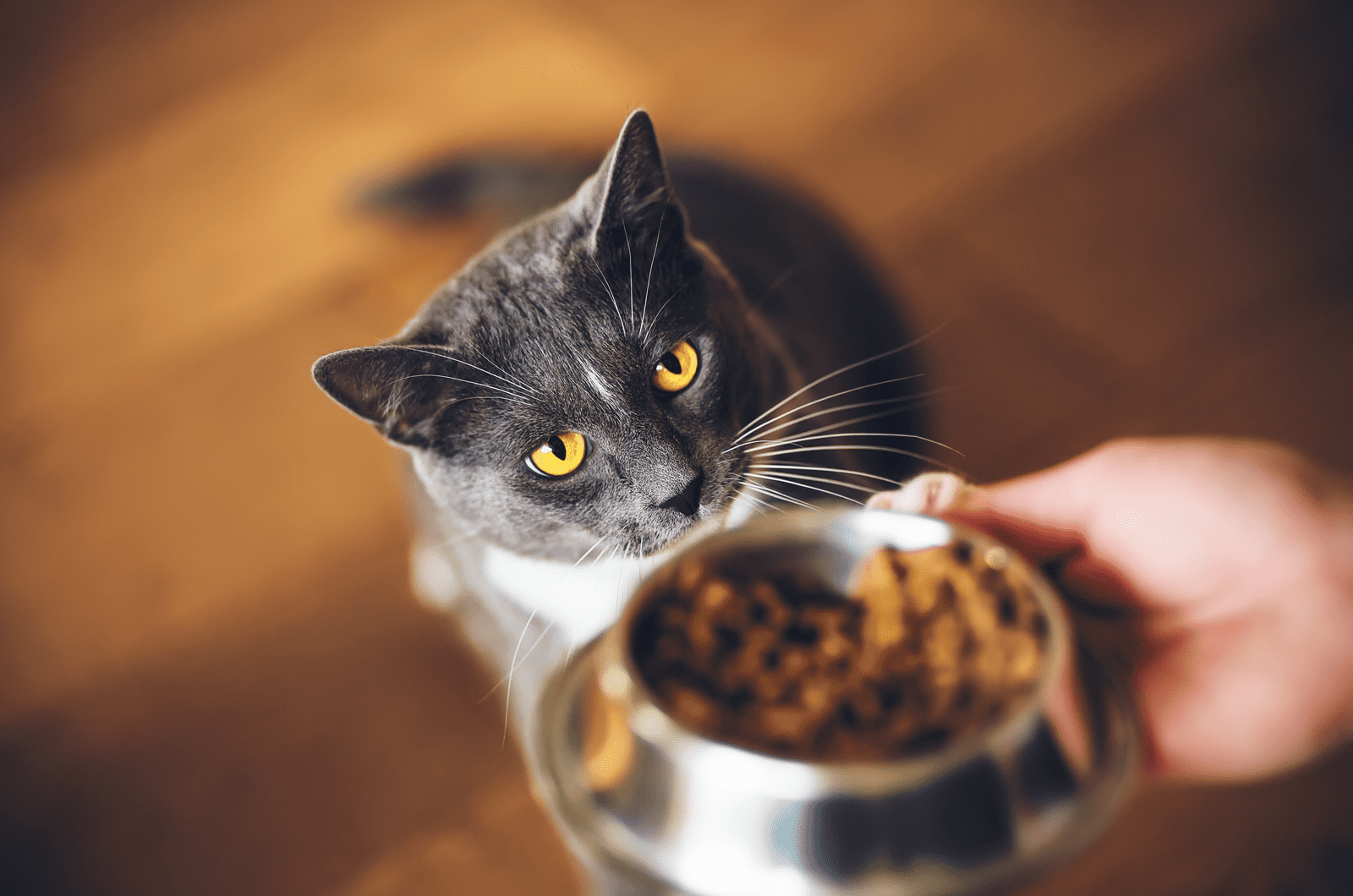
For any issue your cat is dealing with, talk to your vet! When it comes to constipation, water intake is highly important, and that is something you can enhance even before talking to the vet.
If your cat isn’t drinking enough water, consider installing a water fountain for cats as it can make drinking water a more fun activity. Avoid dry food, and increase the wet food in your cat’s daily diet.
Adult cats, especially elderly cats, are prone to constipation as cat bowel movements change as they grow up. As time passes, your cat and its metabolism get slower.
These home remedies may assist in relieving your cat’s constipation:
• over-the-counter laxatives (get advice from your vet first)
• decrease stress and anxiety
• increase activities and exercise
• add fiber and more wet food to your cat’s diet
• change your cat’s diet plan
• include probiotics
• pay attention to your cat’s weight
• make sure your cat’s drinking enough water
• add ginger and pumpkin to cat’s food in small doses, once a week
• Colace (alternative to Miralax); never give cats human meds!
• mix Vetasyl in the cat’s wet food (if your vet approves)
• add a small amount of oil (e.g. olive oil or castor oil) to the food and mix it all in the cat’s food bowl
By trying some of the aforementioned at-home remedies, you are at little or no risk of harmful side effects but are sure to cure your cat’s constipation. Some of them will be prescribed by your vet, or your vet will suggest where you can get the remedy you need.
Most of these cat-needed supplies can be found on Amazon, often with free delivery. Of course, before you do anything, always take your cat to the vet for a check-up.
Finally…
Cat health, as I’ve already said, is a broad topic; for instance, older cats are more likely to have renal problems, whilst younger cats are more likely to have difficulties with cat food when it comes to ‘litter box problems.’
However, there are a variety of health concerns that can cause or contribute to cat constipation. Excessive grooming may result in a blockage of the cat’s digestive tract.
Your cat might also be suffering from megacolon, IBD, fiber deficiency, hyperthyroidism, obstipation, or spinal problems.
In any case, I hope I’ve helped you understand more about your cat’s digestive issues and that you’ve learned that cats can hold their poop for 24 to 48 hours, and there’s no need for concern.
However, if you’ve asked how long can cats hold their poop after 48 hours have already passed without a poo in sight, you must visit the vet!
It’s always better to be safe than sorry!
Like this post? Share or pin it for later!
